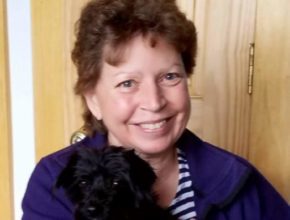Who is my neighbor? I have been thinking about this question a lot lately. Are they just the people who live next door? Are they only the people who look like me, think like me, talk like me, believe the things that I do? I don’t think so. I wonder how most people would answer these questions?
It seems to me that our lives often revolve around the people we love and like, those we work with and who live around us. That is not a bad thing. But it’s just pretty much a person’s comfort zone, and/or the people we are in touch with on a regular basis. I have always been attracted to people who have a different experience from my own. I have found that it enriches my life in so many ways.
In the Christian faith, loving one’s neighbor as oneself is a commandment. However, this is a concept understood and taught in many faiths and beliefs. And one does not need to have a belief in God to love their neighbor. Many people lead selfless, loving lives who do not believe in God. Religion and faith in God do not necessarily determine loving behavior either.
The people I don’t understand are the ones that profess belief in God, but do not act in loving ways. The exclusion of others who do not believe the same things as we do tends to make one’s world smaller and more unkind. This is not an action of love. Love is inclusive. It does not separate or divide.
So, who is my neighbor anyway? I think it includes everyone, regardless of their behavior, or appearance, faith, beliefs, or lack of them. Believing in the good that is in each of us, however much it may not show itself is making room for redemption. There is the same potential for evil and good in every human being. We must judge the actions of people. The judgement of actions, whether good or evil, are necessary for a society to function successfully. But always, it is important to have the opportunity for forgiveness. Forgiveness is essential to living and believing in love.
So, I guess it’s up to each of us to decide who we consider to be our neighbor. It is a choice that only you and I can and must make. It is what determines our individual “world” and the world we collectively create.
